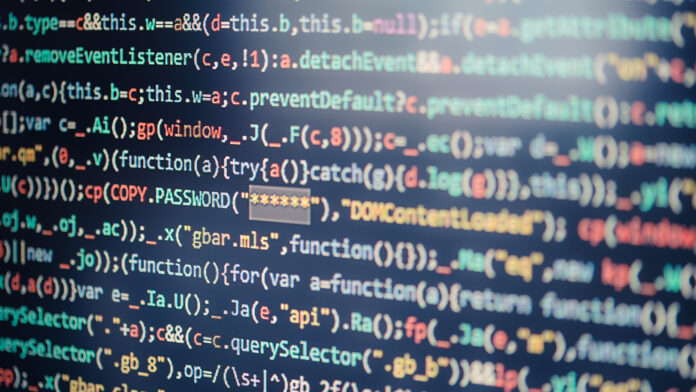How often are you online? Nowadays, many Filipinos start and end their day tuned-in to their phones to check the latest news on different social media platforms. In fact, the number of social media users in the Philippines increased by 16 million (+22%) between 2020 and 2021. Due to the lockdown, Filipinos use social media to communicate with others despite the distance. It is fast, accessible, and easy to use.
But how much have we been sharing on the internet? Is it really safe to click on everything you see on your phone?
Republic Act No. 10173 or also known as the Data Privacy Act of 2012 is a law that protects the information of people whether it be private, personal, or sensitive. The National Privacy Commission was formed in 2016 to implement and regulate this law.
The law has never been more relevant than today when most people are on the internet. A lot of information is being processed with just a click of a button. These information are being used to personally curate your timelines so advertisers can match their target markets. It is why we feel like our feed is full of animal pet stores when we just liked one cat photo.
Although an example like that seems harmless, companies having full access to your personal data can also run a dangerous turn. Disclosing too much of your personal information can lead to identity theft and manipulation especially when data is being taken illegally. Data mining can lead to drastic results such as red-tagging by police authorities.
It is important to know what the Data Privacy Act is and how it can protect you from the unforeseen dangers lurking online. Below are our rights to data privacy:
1. Right to be informed
A person has the right to know that their data has, is or will be processed by the application and any other third-party platforms. Every information should have the consent of the person in question.
2. Right to decline
A person should be given the scope and method as to what and how much information the system will be getting from them. Therefore, terms and conditions are usually read before formally starting any application. It is up to the person if they agree to these terms and conditions once reviewed.
3. Right to data accessibility
A person has the right to ask for their personal information once it is processed. They also have the right to know who, how and where their data will be used after retrieving the necessary information.
4. Right to dispute inaccuracy
A person has the right to argue about the inaccuracy of the data given and can have it corrected immediately according to how they wish.
5. Right to remove existing data given
A person has the right to suspend, withdraw, or order the blocking, removal, or destruction of their personal information especially if the data was false, incomplete, or illegally obtained.
6. Right to be compensated for any damages
A person has the right to file for compensation for any damages to the data given. This will be dealt with by the National Privacy Commission.
In knowing the rights and liberties one has when it comes to the Data Privacy Act, it ensures us to stay online responsibly. Technology is constantly being updated to the point that companies can find out where you live based on a few likes and follows. Although it is tempting to share everything on the internet with everyone, one must always remember the simple saying of “stranger danger.” You never know who or what lurks behind the four corners of your phone.


